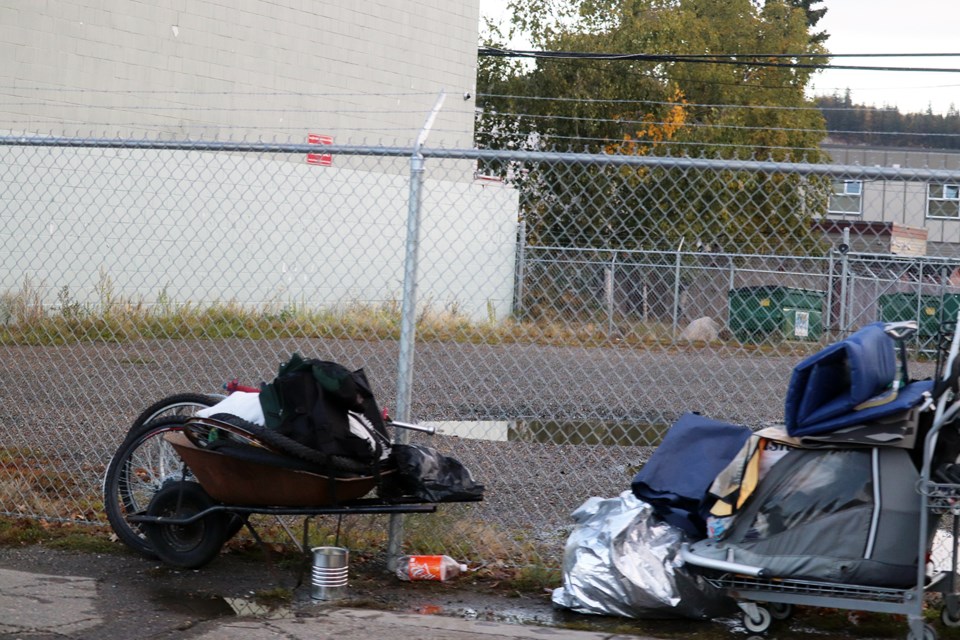Prince George is one of over 50 municipalities throughout B.C. that are getting funds from the province to develop a poverty reduction action plan.
With grants from the Poverty Reduction Planning and Action Program, the 54 local governments, through 29 projects, will develop poverty reduction plans and projects that directly support people in their communities.
"Poverty is a complex issue without a singular solution. It requires the co-ordination and partnership of all levels of government, organizations, businesses, communities and individuals," said Shane Simpson, B.C.'s Minister for Social Development and Poverty Reduction in a news release.
"These projects will empower local governments to create on-the-ground solutions for poverty that are tailored to the needs of their communities."
The 29 projects are receiving $1.4 million, which is from a $5-million provincial grant to the Union of B.C. Municipalities (UBCM).
Each local government will have receive funds ranging from $16,000 to $150,000.
The grant is said to be part of the province's commitment to partner with local governments and communities in poverty reduction initiatives, as part of TogetherBC, B.C.'s first poverty reduction strategy.
"The dynamics of poverty change from community to community. This provincial funding program supports local governments as they work with partners to develop strategies that address the unique dynamics of poverty in local communities," said Maja Tait, president of UBCM in the same release.
"The strong response to this program from all corners of the province demonstrates the need for community-based strategies that address the needs of low-income residents."
The funded projects include plans to develop local poverty reduction strategies, resources and related initiatives, including projects to improve food security, develop affordable housing and increase access to public transportation.
The successful proposals involve key sectors of the community, including people with lived experience, poverty reduction organizations, businesses and local First Nations and Indigenous organizations.
The initiatives in the first round of applications are anticipated to be completed within one year and a second intake is expected to be announced later in 2020.





